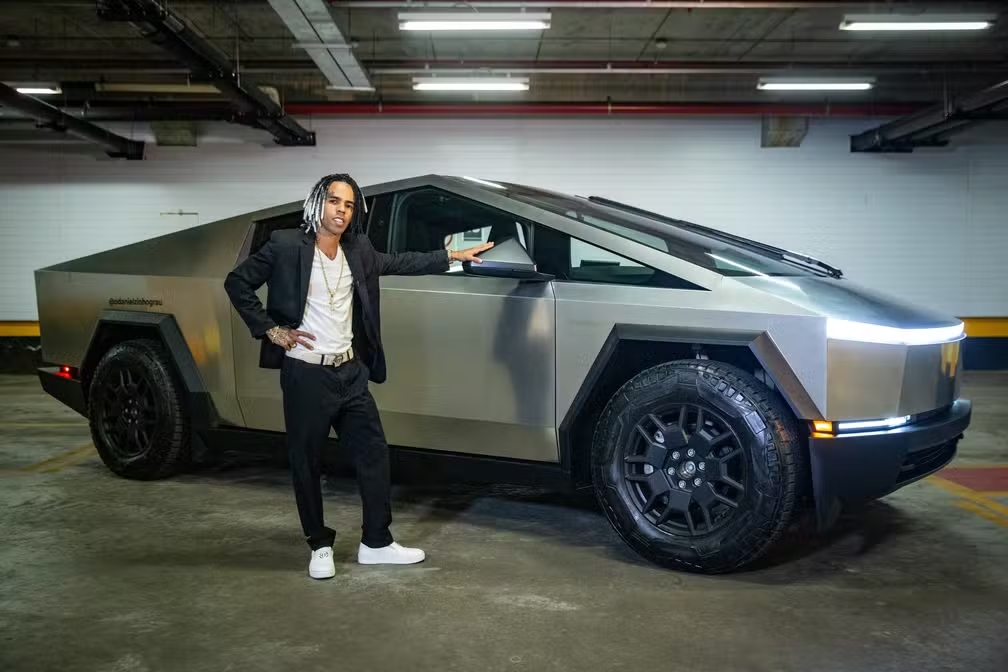As of 2023, Brazil is revolutionizing the electric vehicle market in a way that few emerging economies have managed to emulate. With an astounding increase in EV sales—up by 80% compared to last year—Brazil is not just participating in the global EV surge; it’s leading a new wave of sustainable transportation in emerging markets. The main keyword, “electric vehicle boom in emerging markets,” finds a perfect showcase in Brazil’s dynamic approach to electrification, which this article will explore in depth. Readers can expect to learn how Brazil is steering this transformation, the key factors driving its success, and actionable insights into how other emerging markets can follow suit.
Main Content: Brazil’s Path to Electrification
1. Government Initiatives Fueling Growth
The first pillar of Brazil’s electric vehicle boom is its proactive government policies. In 2022, the Brazilian government launched a comprehensive national strategy to promote the adoption of EVs. This includes:
- Incentives and Tax Breaks: The Brazilian government offers significant tax reductions and subsidies for electric vehicle purchases. These incentives have reduced the overall cost of EV ownership, making them more accessible to the average consumer.
-
Investment in Charging Infrastructure: The government has pledged to install over 10,000 new charging stations by 2025. This infrastructure investment is crucial for alleviating range anxiety among potential EV buyers.
-
Research and Development: Partnerships with international tech firms are fostering innovation in battery technologies, which is crucial for improving the performance and affordability of electric vehicles.
2. Brazil’s Green Energy Advantage
Brazil’s unique energy profile gives it a competitive edge. With over 80% of its electricity coming from renewable sources like hydroelectric power, the carbon footprint of EVs is significantly reduced. This green energy advantage is pivotal in promoting the environmental benefits of electric vehicles.
- Hydroelectric Power: Leveraging its extensive river systems, Brazil has developed one of the world’s largest hydroelectric networks, providing clean energy to power EVs sustainably.
-
Solar and Wind Energy: The country is also rapidly expanding its solar and wind energy capacity, further enhancing the sustainability of its electric vehicle ecosystem.
3. The Role of Local and International Auto Brands
Brazil’s automotive market is not just about imports. Local manufacturers and international giants are both contributing to the EV boom.
- Local Innovators: Companies like Tupy and Marcopolo are investing in EV technology, designing vehicles tailored to local needs and conditions.
-
International Partnerships: Major brands such as Volkswagen and Nissan have established production facilities in Brazil, producing EVs that cater to both domestic and export markets. These partnerships bring cutting-edge technology and production techniques to Brazilian soil.
4. Consumer Adoption and Market Trends
Understanding consumer behavior is crucial to comprehending the electric vehicle boom in Brazil.
- Rising Middle Class: The growing middle class in Brazil is increasingly eco-conscious, with a preference for sustainable and efficient transportation options.
-
Cultural Shift: There is a noticeable shift in consumer mindset, with electric vehicles seen as a status symbol and a commitment to a greener lifestyle.
-
Market Dynamics: Brazil’s unique market dynamics, including its urbanization trends and government incentives, have created a fertile ground for rapid EV adoption.
Practical Value: Navigating the EV Market in Brazil
For those looking to join Brazil’s electric revolution, here are some practical tips:
- How to Charge: With the expansion of charging infrastructure, EV owners can easily access charging stations in urban centers and along major highways. Use apps like PlugShare for real-time station locations and availability.
-
Where to Buy: EVs are available from both traditional dealerships and online platforms. Brands like BYD and Hyundai offer competitive models for the Brazilian market.
-
What to Compare: When choosing an EV, consider factors like range, charging time, and battery warranty. Compare models from both local and international brands to find the best fit for your needs.
Conclusion: Brazil’s Electric Future
In conclusion, Brazil is not just adopting electric vehicles; it is actively shaping the future of sustainable transportation in emerging markets. The key takeaways include the importance of government support, leveraging green energy, fostering local innovation, and adapting to consumer trends. As Brazil continues to drive this transformation, it sets a precedent for other emerging markets to follow.
What do you think will be the next big leap in the electric vehicle industry? Share your thoughts and stay tuned as we explore the evolving landscape of global mobility. As the world moves towards a cleaner and more sustainable future, Brazil’s example is a beacon of hope and innovation.

